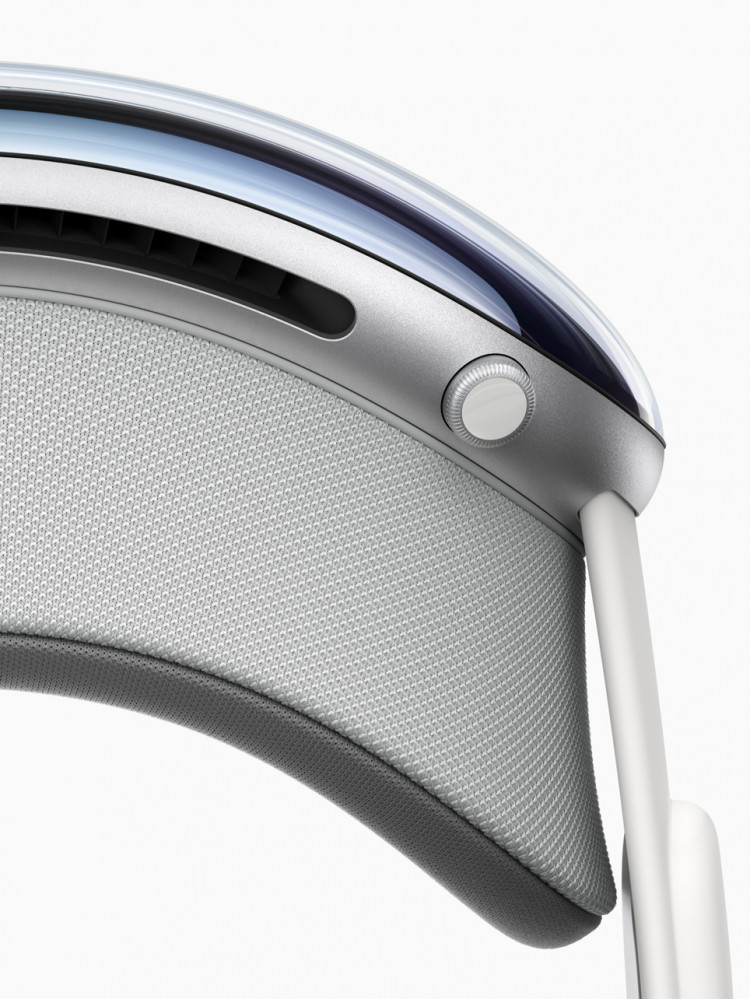The race to dominate the Extended Reality (XR) market is becoming increasingly differentiated, with tech behemoths like Meta, Apple, Microsoft, and Google each carving out their own paths. According to a Business Insider report, Google has halted its Augmented Reality (AR) headset project, dubbed Iris, opting instead to focus on building an AR software platform.
While Microsoft has dismissed the current VR and AR markets as too small, and earlier this year dissolved its entire XR business division, both Apple and Meta remain committed to Mixed Reality (MR). Apple unveiled its first headset, the "Vision Pro," earlier this month, marking its official entry into the MR race. Meanwhile, Meta, once heavily invested in the metaverse, continues to pour resources into its projects, although the company has shifted its focus toward AI.
Google's decision to terminate its AR headset project comes amid layoffs, reorganizations, and the departure of the company's AR/VR Chief Executive Officer, Clay Bavor, as reported by three insiders. The Verge initially reported the existence of the Iris project back in January 2022, noting that the device resembled ski goggles. Some Google employees have clarified that the ski goggles were, in fact, a separate AR project, while Iris was a series of devices more akin to glasses. Since the suspension of the Iris project, Google has been focused on creating an AR software platform, with its employees currently using a prototype platform internally dubbed "Betty." The company's ambitions have been described as creating an "Android for AR."
Microsoft, on the other hand, has criticized the size of the current XR market as being too small to support the company's gaming platform, Xbox. In a recent interview, Matt Booty, the head of Xbox Game Studios, expressed the belief that the VR and AR markets are not yet substantial enough to warrant Xbox's involvement. This year, Microsoft dissolved all of its XR business divisions that involved the metaverse, such as HoloLens, AltSpaceVR, MRTK, MWR, and even dissolved its Industrial Metaverse team in February.
Meta, once a company that was "all in" on the metaverse, is continuing to invest heavily, but with a shift in focus. The company plans to integrate AI technology into the metaverse in the future. CEO Mark Zuckerberg has highlighted the company's strategic shift towards AI at an all-hands meeting, noting that future AI technology will be merged with products like the metaverse and Instagram.
Apple, meanwhile, has made a significant entrance into the MR market with the launch of its first headset, the Vision Pro, at the WWDC conference in early June. Priced from $3499, the Vision Pro supports various interaction methods such as gesture recognition and eye-tracking. At the same conference, Apple also launched VisionOS, a new operating system designed for spatial computing, which can support running various apps from iOS and iPadOS. Compared to the virtual world created by Meta VR, Vision Pro seeks to merge reality and virtuality, greatly expanding the scope of its usage.
Apple CEO Tim Cook has positioned the product as a revolutionary spatial computing device that allows users to operate digital devices' apps, games, and films in real space, seamlessly integrating digital content with the physical world.






